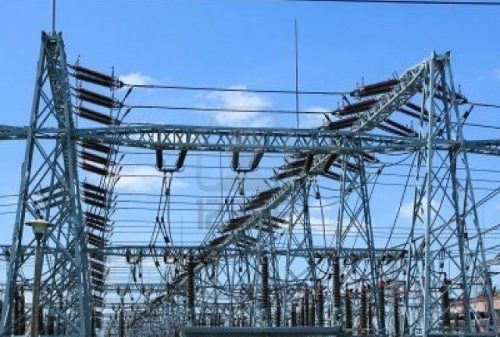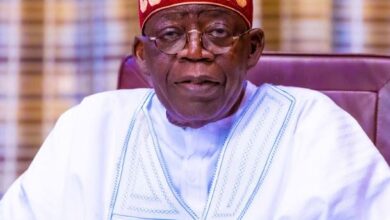Tariff Hike Boosts Discos’ Revenue to N887bn In First Seven Months Of 2024

Nigeria’s electricity distribution companies (Discos) have generated a total revenue of N887.86 billion in the first seven months of 2024, driven by a tariff increase for Band A customers and improved revenue collection. This marks a significant 46.96% rise from the N604.15 billion recorded during the same period in 2023, despite ongoing complaints about poor power supply and high tariffs from consumers.
According to data from the Nigerian Electricity Regulatory Commission (NERC), the Discos billed a total of N1.114 trillion but collected N887.86 billion, achieving a 79.7% revenue collection efficiency. This is an improvement over 2023, when they billed N797.18 billion and collected N604.15 billion during the same period.
The surge in revenue follows the Federal Government’s decision in April 2024 to increase the tariff for Band A customers from N68 per kilowatt-hour to N225, based on the claim that these customers enjoy 20 hours of electricity daily. However, after public outcry, NERC reduced the tariff by 8.1% to N206.8/kWh. This price hike has placed financial pressure on many Nigerians, with communities calling for relief from the rising costs.
In terms of monthly breakdowns, January 2024 saw N95 billion in revenue out of N130.92 billion billed, with steady increases throughout the year, culminating in N162.14 billion collected out of N197.11 billion in July. The rising revenue trajectory indicates that the Discos are on track to surpass their earnings for the years 2020, 2021, 2022, and possibly 2023.
The power sector’s revenue collection in previous years followed an upward trend, with N526.8 billion generated in 2020, N761.2 billion in 2021, N828.1 billion in 2022, and N1.1 trillion in 2023. The Discos are now expected to invest part of their growing revenue into improving infrastructure, which has long been criticized as inadequate to meet the energy needs of Nigeria’s over 200 million citizens. Most Nigerians continue to rely on self-generated electricity due to the unreliable national grid.
In May 2024, the Nigerian government secured a $500 million loan from the World Bank to fund Discos, filling critical financing gaps in the distribution network. According to the Bureau of Public Enterprises (BPE), these funds are intended to boost investment in infrastructure, reduce losses in transmission and distribution, and ensure financial sustainability in the power sector.
While revenue collection has improved, the power sector has reduced its borrowing from commercial banks by N28.82 billion between January and June 2024, amid rising interest rates that have increased the cost of debt servicing. Central Bank data shows that loans to the power sector declined from N1.12 trillion in January to N1.08 trillion by mid-year.
The Nigerian government, through this combination of tariff adjustments and financial support, is aiming to create a more stable and efficient power sector, although public skepticism remains high due to the lingering challenges of supply reliability and high costs.



